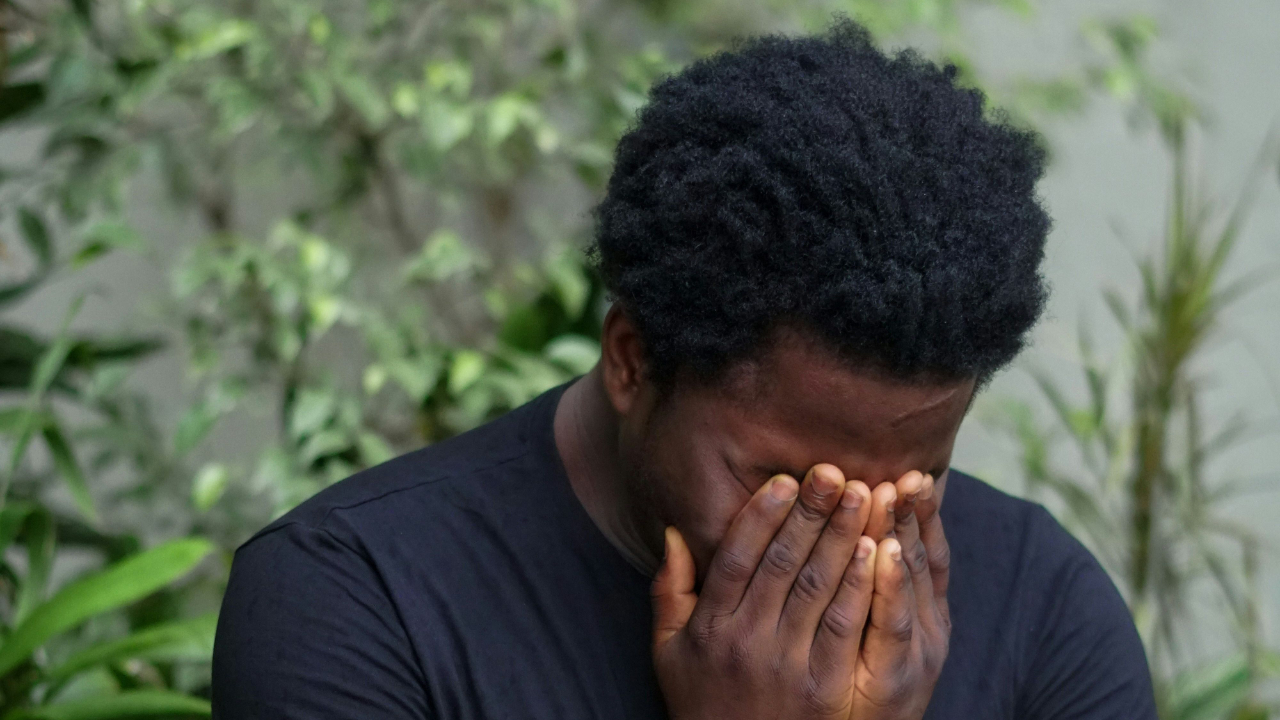Is It Love or OCD? Understanding Relationship Doubts
May 12, 2025
Love, at its core, is built on connection, trust, and shared experiences. But what happens when constant doubt creeps into the relationship—doubt that doesn’t go away, no matter how perfect your partner may seem or how many times they reassure you? This is where Relationship OCD (ROCD) enters the picture.
Relationship OCD is a type of obsessive-compulsive disorder where a person becomes consumed by ongoing doubts about their relationship. These thoughts are not just normal moments of questioning—they are persistent, unwanted, and deeply distressing. For those struggling with ROCD, it can feel like their mind is constantly questioning something that others take for granted: “Do I really love my partner?”, “Is this the right relationship?”, “What if I’m making a huge mistake?”
Let’s explore what Relationship OCD looks like and how it impacts people.
Common Signs of Relationship OCD
People with ROCD often experience intrusive thoughts that focus on their feelings, their partner’s qualities, or the relationship itself. These are not passing worries. Instead, they feel intense and stick around far longer than they should. Some common signs include:
-
Constantly analyzing your feelings toward your partner to figure out if they’re “strong enough.”
-
Repeatedly comparing your relationship to others, often feeling it falls short.
-
Over-focusing on your partner’s flaws, even minor ones, and worrying they make the relationship unworkable.
-
Seeking reassurance from friends, family, or even online sources to feel confident in the relationship.
-
Avoiding intimacy or emotional closeness due to fear of being “trapped” in the wrong relationship.
How ROCD Affects Daily Life
Living with Relationship OCD can feel exhausting. Relationships that should bring comfort and happiness instead become a source of stress and fear. This condition can interfere with both your peace of mind and the health of your relationship.
You may find yourself constantly second-guessing what should be simple moments—like holding hands, planning a future, or saying “I love you.” You may also struggle with guilt, thinking you’re being unfair to your partner for having these doubts in the first place. Some people even feel the need to break up, not because they want to, but because they believe it’s the only way to stop the anxiety.
Over time, ROCD can create emotional distance. It may also impact your partner, who might feel confused or hurt by your recurring uncertainty.
What Causes Relationship OCD?
There’s no single cause for ROCD, but a mix of personal, emotional, and biological factors can play a role. People with a tendency toward perfectionism or who have a fear of making mistakes may be more vulnerable. Past experiences, such as childhood trauma, previous relationship wounds, or anxiety disorders, can also contribute.
Moving Toward Recovery
The good news is that Relationship OCD is treatable. Many people find relief through therapy, especially approaches that help them respond differently to their thoughts rather than trying to eliminate them. These therapies often focus on accepting uncertainty instead of fighting it.
Building self-awareness is a key step. It helps to understand that not all thoughts reflect reality. Just because you have a doubt doesn’t mean something is wrong with your relationship. Learning to sit with the discomfort of not knowing can, over time, reduce its power over you.
In some cases, support from a mental health professional who understands OCD is crucial. They can help you work through your fears without damaging the connection with your partner.
Final Thoughts
Relationship OCD can make even the most loving bond feel uncertain. But with the right support and tools, it’s possible to break free from the cycle of doubt. Love doesn’t have to be perfect to be real—and neither do your thoughts. The path forward begins with understanding, patience, and a willingness to trust yourself again.















